The Center for Disease Control’s (CDC) temporary halt of evictions protects up to 45 million households from being evicted through December 31, 2020, because of a lack of income. However, this merely delays repayment of rent, and it is unclear how many households will owe rental arrears or how much they will owe. It is imperative that states and localities implement programs and policies that address this unmet need in order to prevent a potential wave of evictions at the end of the year. These evictions would likely exacerbate existing disparities: Research from before the pandemic exposed that women of color living in poverty face the highest risk of eviction, and research from the Federal Reserve Bank of Philadelphia found that renters, householders of color, and single women are the most vulnerable to experiencing income deficits following COVID-related job losses.
Join the Federal Reserve Banks of Philadelphia and Cleveland and housing policy experts from across the country to discuss how states and localities can support vulnerable renters and address the root causes of the looming eviction crisis. This webinar will feature a federal housing policy update, research presentations that measure evictions during the COVID-19 crisis and estimate the amount of arrears owed by renters, and a panel discussion that explores state and local eviction prevention strategies.

